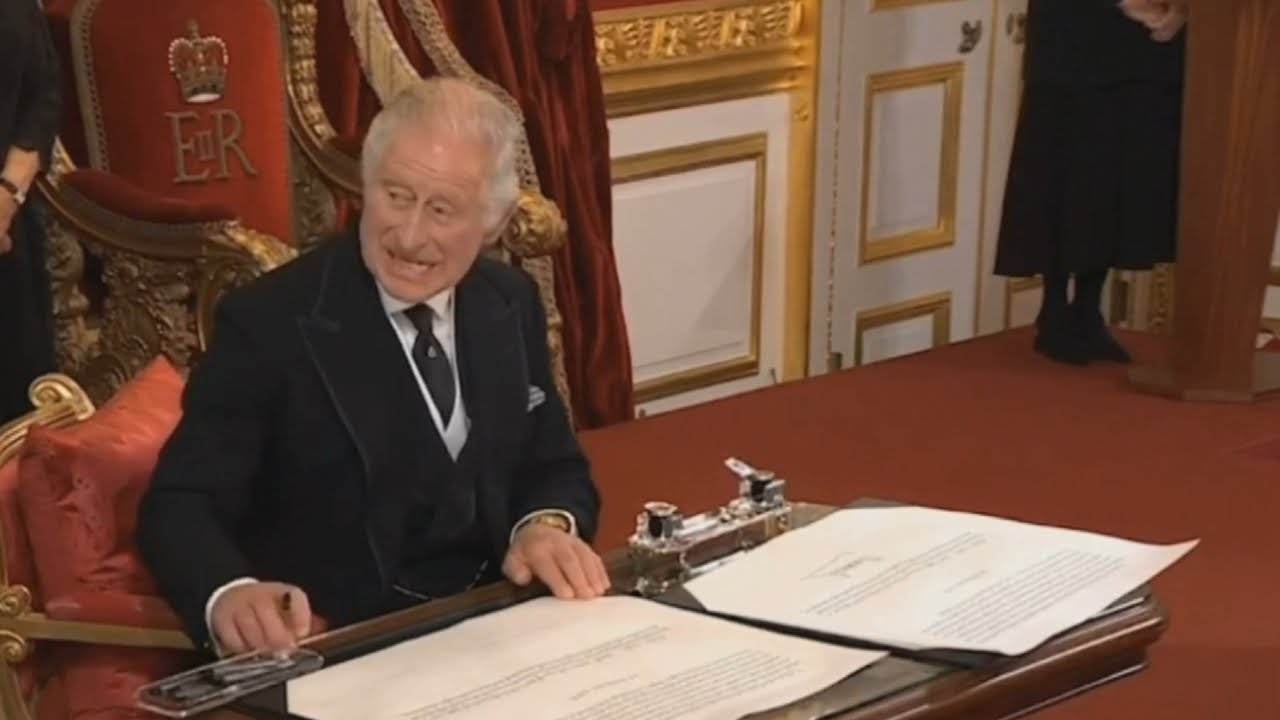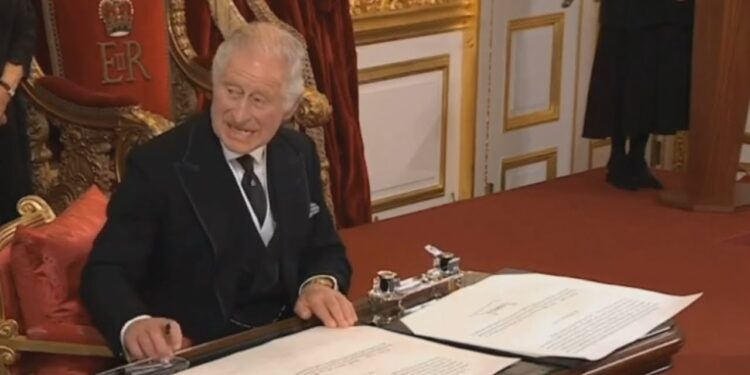King Charles III’s monarchy won’t be getting a pay raise this year, but starting in 2026-2027, the Sovereign Grant which is paid for by the public will go up by over £45 million (around $60 million), according to the latest figures.
Right now, the grant stays at about £86 million ($110 million) for 2024-2025. It’s set to increase to roughly $170 million the following year and stay at that level into 2026-2027. This more than 53% jump comes as the Crown Estate, which manages royal land and properties across the UK, reported record profits mainly due to offshore wind farms. Most of this money will fund the ongoing renovation of Buckingham Palace.
The Sovereign Grant pays for the monarch’s official duties, travel, staff salaries, and upkeep of palaces. It’s funded by taxpayers and calculated as a share of the profits from the Crown Estate, which is worth around £15 billion ($20.6 billion). These assets technically belong to the monarchy but the profits go to the UK Treasury. The royal family’s funding level is reviewed every five years.
Besides this, King Charles also gets money from the Duchy of Lancaster, while Prince William receives income from the Duchy of Cornwall. The family earned another £21.5 million ($29 million) from a record number of visitors to Buckingham Palace last year.
The Crown Estate brought in a net profit of £1.1 billion ($1.5 billion) for 2024-2025, boosted by wind leasing deals. So far, £266.5 million ($367 million) of the total £369 million ($475 million) budget for Buckingham Palace’s 10-year refurbishment has been spent, covering upgrades like new lifts and pipework.
In the past year, royal expenses also covered over 800 events with nearly 100,000 guests and 539 full-time staff. In February, Charles got two new helicopters to replace 15-year-old models, chosen for their ability to reach remote parts of the UK. Meanwhile, the royal train, once favored by Queen Elizabeth II, will be retired after a cost review.
However, news of the rising royal budget has sparked criticism, especially since about a third of children in the UK 4.5 million live in poverty, up by 100,000 from the year before. A survey in May found 62% of people said their cost of living had gone up since April, and 92% reported food prices were higher.







